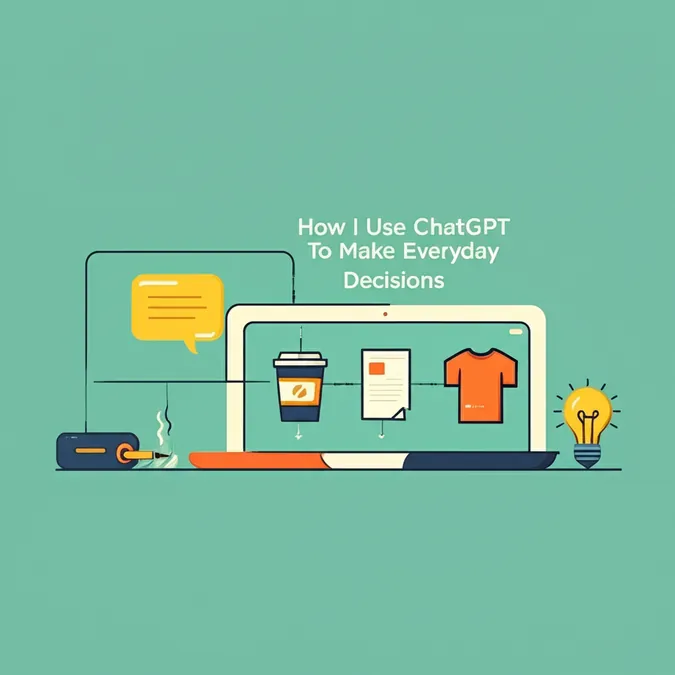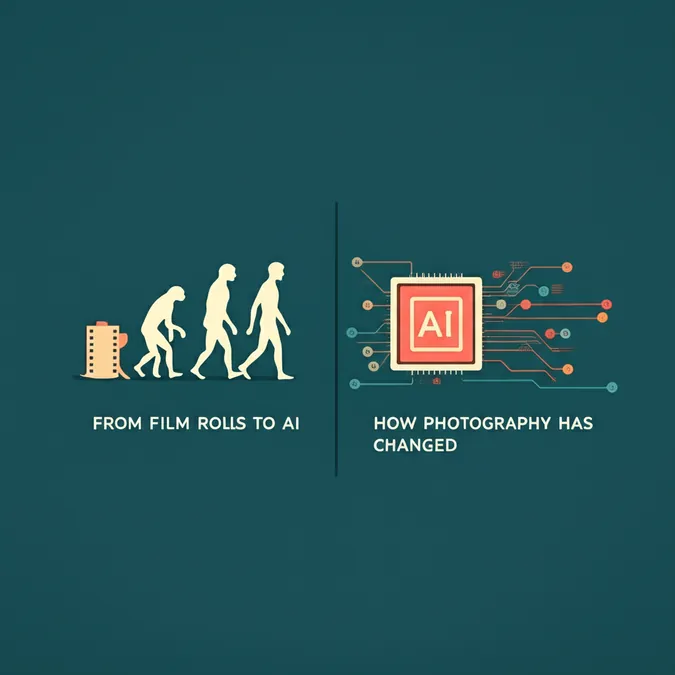Developer Offer
Try ImaginePro API with 50 Free Credits
Build and ship AI-powered visuals with Midjourney, Flux, and more — free credits refresh every month.
Gen Z Is Using AI As An Emotional Intelligence Coach
A new generation is entering the workforce, and they're bringing a unique digital toolkit with them. For Generation Z, artificial intelligence is more than just a productivity tool; it's becoming a trusted advisor for navigating the complex emotional landscape of the modern workplace.
The New Digital Confidant Gen Zs Widespread AI Use
Recent findings from a June report by Resume.org reveal a striking trend: 76% of Gen Z employees are using AI chatbots. Among this tech-savvy group, a staggering 94% have turned to AI to handle issues at work, with nearly a third using it constantly.
Why the heavy reliance? Kara Dennison, head of career advising at Resume.org, suggests it's about finding a safe space. "Gen Z workers often feel more validated and confident after consulting AI because these tools offer immediate, judgment-free feedback in a format that feels safe and familiar to this generation raised in a digital world," she notes.
Decoding Digital Dialogue How AI Assists Communication
The primary use case for these AI assistants is deciphering digital communication. A significant 75% of Gen Z workers have asked a chatbot to analyze the tone of an email or message from a manager or colleague. They also use AI to draft appropriate replies in emotionally charged situations involving conflict or miscommunication.
This digital coaching has a tangible impact on their behavior. After consulting AI, nearly half of these young workers change their communication style, with a third becoming more assertive and a quarter being prompted to apologize or accept responsibility.
The Hidden Risks of AI Emotional Support
While AI can build confidence, it's not without its pitfalls. The report highlights that 43% of users felt an AI chatbot reinforced their own biased reactions, and 17% admitted that using AI made them less likely to take personal responsibility for their actions.
"One of the biggest risks is the elimination of personal responsibility," Dennison warns. "If an AI tool consistently validates a user’s perspective without challenging it, it can reinforce a fixed mindset, enabling blame-shifting rather than self-reflection."
Can AI Truly Replace Human Empathy
Experts caution that AI's capabilities have clear limits. Dennison emphasizes that chatbots cannot grasp the nuances of human interaction, such as interpreting body language, understanding power dynamics, or navigating a company's unique culture. Relying too heavily on AI means employees may miss out on crucial professional development and real-world feedback gained from navigating conflicts directly.
"Healthy workplace communication depends on empathy, active listening and accountability," Dennison states. "AI can complement that process, but it cannot replace it."
Fostering an Emotionally Healthy Workplace Culture
This trend is part of a larger shift where over half of Gen Z workers view AI as a coworker or even a friend, preferring to ask a chatbot a question rather than their own boss. As AI becomes more integrated into daily work life, it places a new emphasis on a company's emotional culture.
HR professionals are encouraged to be proactive in creating environments where emotions and work can coexist productively. By fostering a culture of open communication and emotional intelligence, companies can help ensure that all employees, with or without AI assistance, can thrive.
Compare Plans & Pricing
Find the plan that matches your workload and unlock full access to ImaginePro.
| Plan | Price | Highlights |
|---|---|---|
| Standard | $8 / month |
|
| Premium | $20 / month |
|
Need custom terms? Talk to us to tailor credits, rate limits, or deployment options.
View All Pricing Details

